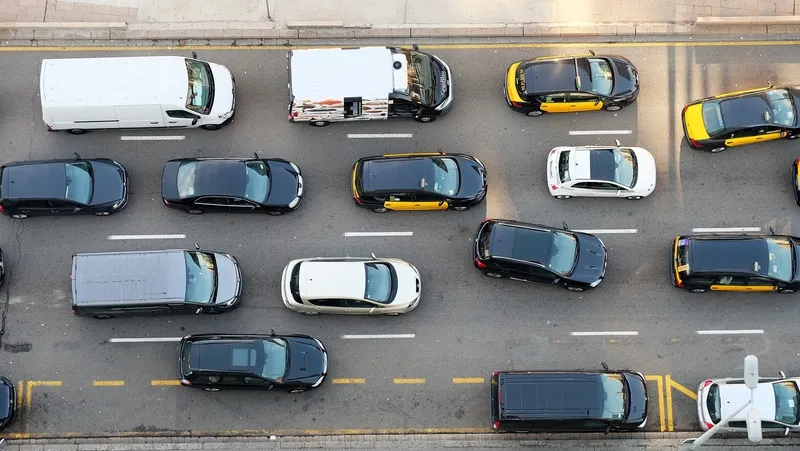An advertorial for a new Jaguar car, which appeared in the Guardian newspaper, received two complaints that it was irresponsible because it encouraged unsafe driving practices.
Advertising regulator the Advertising Standard Authority (ASA) concluded that the advertorial was irresponsible because it was likely to encourage unsafe driving practices and stated that it must not appear again in its current form.
The ASA said the advertorial was aimed at business executives and primarily promoted a car that
March 8, 2017
Read time: 2 mins
An advertorial for a new 3883 Jaguar car, which appeared in the Guardian newspaper, received two complaints that it was irresponsible because it encouraged unsafe driving practices.
Advertising regulator the Advertising Standard Authority (ASA) concluded that the advertorial was irresponsible because it was likely to encourage unsafe driving practices and stated that it must not appear again in its current form.
The ASA said the advertorial was aimed at business executives and primarily promoted a car that included features allowing the driver to carry out work related tasks via hands-free technology and claimed this could be done ‘without compromising safety”.
The regulator acknowledged that using a hands-free mobile phone kit was not, of itself, illegal. However, it noted that the Highway Code stated that using hands-free equipment was likely to distract drivers’ attention from the road and advised that they used a voicemail facility and stopped to make or take calls. The Highway Code also advised that there was a danger of driver distraction being caused by in-vehicle systems such as satellite navigation systems, congestion warning systems, PCs and multi-media.
The ASA told Jaguar Land Rover that their future advertising must not encourage drivers to carry out such tasks that were likely to distract their attention from the road, making them incapable of having full control of the vehicle.
Advertising regulator the Advertising Standard Authority (ASA) concluded that the advertorial was irresponsible because it was likely to encourage unsafe driving practices and stated that it must not appear again in its current form.
The ASA said the advertorial was aimed at business executives and primarily promoted a car that included features allowing the driver to carry out work related tasks via hands-free technology and claimed this could be done ‘without compromising safety”.
The regulator acknowledged that using a hands-free mobile phone kit was not, of itself, illegal. However, it noted that the Highway Code stated that using hands-free equipment was likely to distract drivers’ attention from the road and advised that they used a voicemail facility and stopped to make or take calls. The Highway Code also advised that there was a danger of driver distraction being caused by in-vehicle systems such as satellite navigation systems, congestion warning systems, PCs and multi-media.
The ASA told Jaguar Land Rover that their future advertising must not encourage drivers to carry out such tasks that were likely to distract their attention from the road, making them incapable of having full control of the vehicle.








